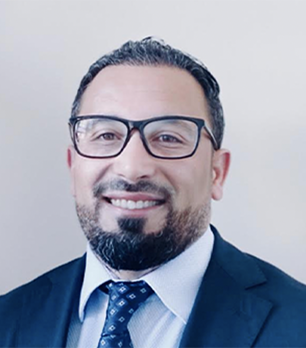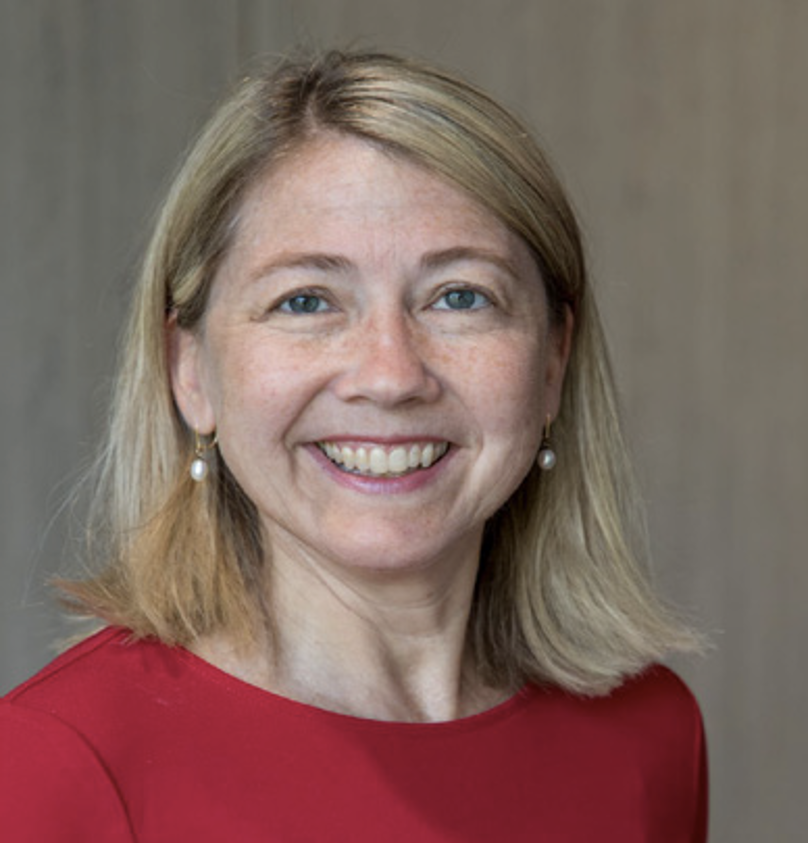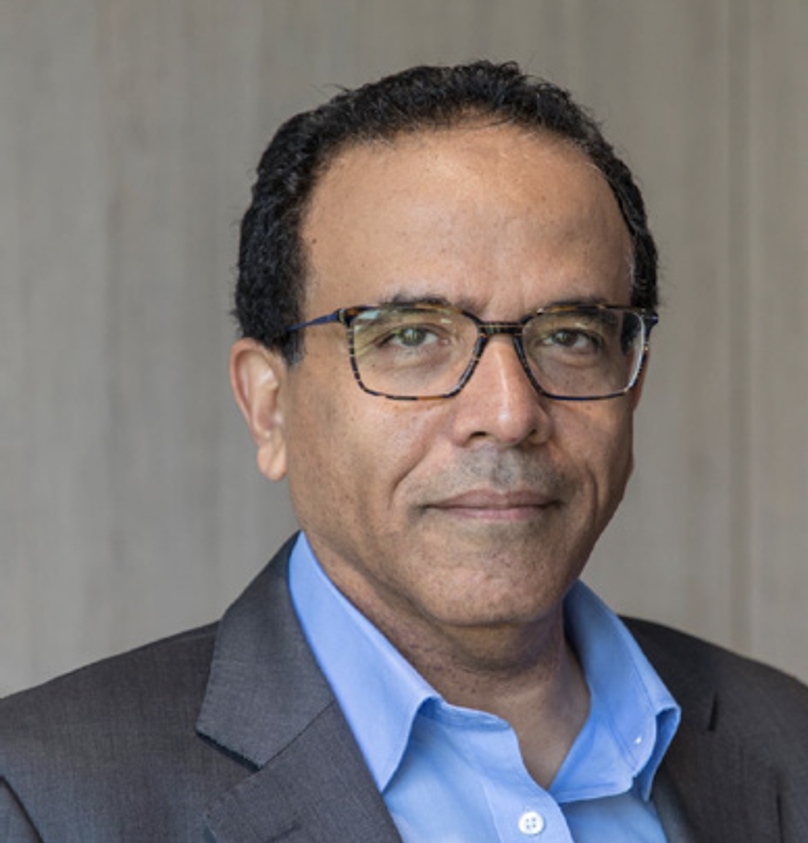Several developments affecting the Gulf family or emanating from it have emerged recently. The accelerated rate of modernization and the unprecedented socioeconomic, political, and demographic changes have implications for the well-being of Gulf families that require better understanding. However, there has been little research on modern family life in the Gulf countries. The workshop will seek to provide a space for dialogue and discussion on family issues – seen as critical to the future of the region. The proponents of this workshop have attempted to examine contemporary trends and issues in the formation of families over the life course and how they interact 2 with family-oriented social policies of modern welfare states in the Gulf region. The workshop will discuss the centrality of the family in state polices that attempt to address the challenges that face the family. It will also provide a context in which to understand how family relationships and social policies can promote child well-being.
3 DAYS / 12 Workshops
MORE THAN 300 ACADEMIC PAPERS
Objectives and Scope
Over the last three decades forces have disrupted the established patterns of family
life in the Arabian Gulf societies. These forces include urbanization, technology
transfer, educational progress, different patterns of emigration, globalization, changes
in the status of women, and the advent of new ideological implications concerning
social equality, social justice and human rights. These changes led to contraction or
decline in traditional family roles, changes in norms and attitudes toward family life,
the rise in a culture that attributed great social significance to symbols of material
differentiation, changes in family structure, increasing rates of divorce, delayed
marriage, and shifting patterns of female labor force participation. Women’s
empowerment and leadership have become the cornerstones for many national and
regional development initiatives in the Gulf. Traditional cultural values and social
norms of parental behavior are in flux as are the timing and means of procreation and
the customary gender division of labor in household production. Fewer people are
getting married; couples who marry are doing so later in life, splitting up more
frequently, having fewer children and living longer than ever before. The rise of the
new phenomenon of remaining unmarried and the “spinsterhood crisis”, especially
among well-educated middle-class people, and the weakened role of the elder
generation are additional social changes. Many Gulf families are dependent on foreign
babysitters (maids/servants), a dependence which may carry negative connotations
because it is associated with socialization of children and of young family members
by individuals who may not share traditional Gulf social values. Social media
influences the values, traditions and practices of Gulf youth and complicates
socialization by their families. Despite short- and long-term effects, family violence,
child abuse, and the maltreatment of toddlers and adolescents have been underreported
and not adequately documented in the Gulf countries, with the exception of a few
scholars.
These changes have created new pressures and needs over the course of family life.
Among the Gulf countries, existent welfare state policies have been reformed and new
ones drafted in response to the challenges posed by the changing patterns of family
dynamics. Different types of child care arrangements have emerged, along with
policies for the care of elderly family members. Diverse public measures have been
implemented to strengthen the family, and to harmonize work and family life.
The proposed workshop examines contemporary trends and issues in the formation of
families over the life course and how they interact with family-oriented social policies
of modern welfare states in the Gulf region. The life-course perspective extends the
conventional analyses of family policies, which tend to emphasize public programs
and benefits clustered around efforts to harmonize work and family life during the
3
early years of childrearing. The workshop will discuss the centrality of the family in
state polices that attempt to address the challenges that face the family.
The workshop especially welcomes research on aspects of modern family life that
include: family relationships, diverse household structures, fertility patterns, and the
fluctuating division of household/market labor over the course of family life in modern
times. Also welcome are historical, demographic, and legal trends in marriage and
divorce in different Gulf countries and the policy implications of those trends, the
setting and issues which contemporary family policies have been designed to address,
theoretical issues concerning gender relations, family culture and the role of the
state.


